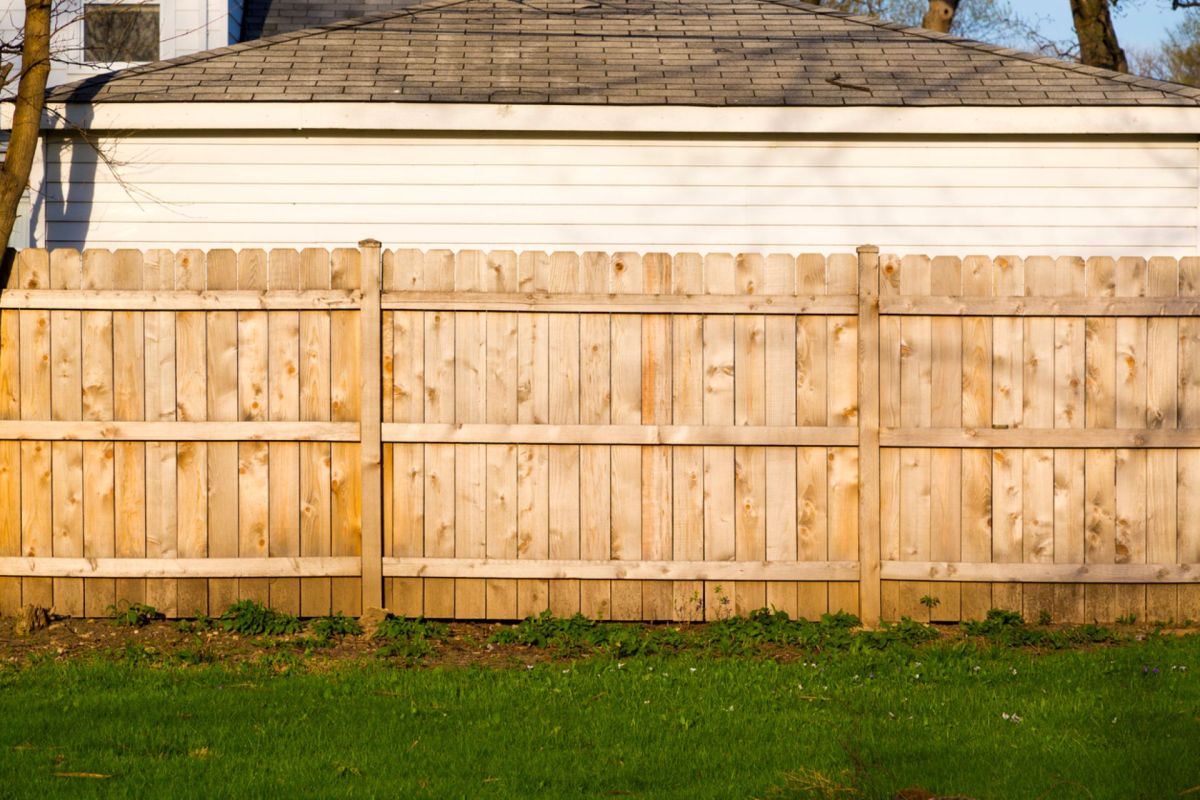A Redditor who says they've spent the past five years on a permaculture garden recently posted a side-by-side comparison of their yard and their neighbor's.
Permaculture, according to the Permaculture Resource Institute, is a style of gardening and land management that imitates natural ecosystems. Instead of focusing on just one desired species — like a field of corn or a grass lawn — it uses multiple species of plants that support and benefit one another, all while providing food and other materials.
In this Redditor's case, that has meant making gradual changes to what was once an ordinary grass lawn, such as adding fruit trees and berry bushes, among other features. "Our beginner permaculture versus the neighbor's lawn," they said, showing a picture of their progress so far.

In the photo, an apple espalier was visible in the distance. An espalier is a fruit tree or other plant with branches trained in the shape of a flat wall, making harvesting easier. The original poster commented that this espalier was five years old.
In the foreground, they said they planted currants and gooseberries along the fence between their yard and the neighbor's yard. The plants are all visibly thriving, compared to the neighbor's dry and patchy lawn.
"Even the remaining lawn I have is healthier than my neighbor's," said the original poster. "I mow less often and incorporate natives where I can."
This method of gardening is a solid way to create resilient, self-sustaining landscapes that produce lots of fruits and vegetables. It's also more welcoming to local wildlife and pollinators, especially when there's a focus on native plants. Many permaculture designs save water compared to traditional lawns, too, and are more tolerant to dry conditions.
"'Lawn.'" said one scornful commenter. "They're just wasting their time and space. Good work on the perma."
"Keep at it!" said another user. "My neighbors laughed in year one, but now that my permaculture/hugelkultur is in year seven it is kicking a** in our droughts, and their yards are dead."
Join our free newsletter for easy tips to save more, waste less, and help yourself while helping the planet.









